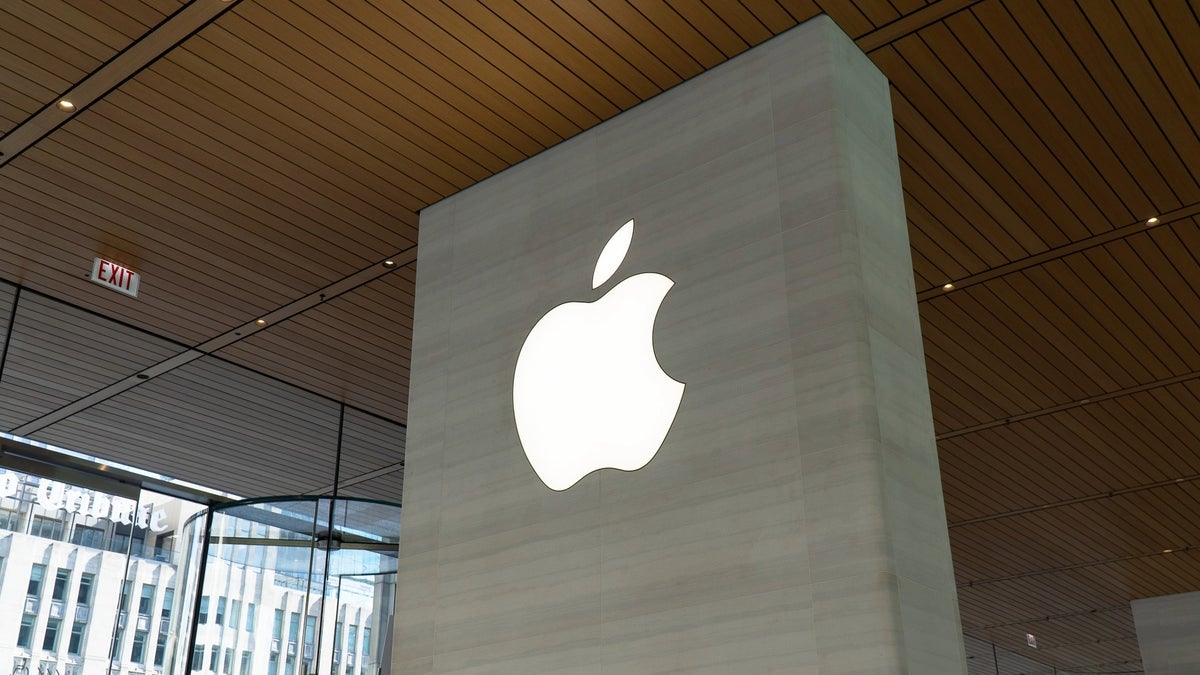The beloved iPads’ operating system has been designated as a gatekeeper on this last April Monday. The EU’s tech rules by antitrust regulators state that iPadOS is categorized as a “gatekeeper” because of its importance to business users.
Under the Digital Markets Act (DMA) that came into force this year, 22 services operated by six major tech companies (Microsoft, Apple, Alphabet’s Google, Amazon, Meta, and ByteDance’s TikTok) have already been labeled as “gatekeepers” which control access to their platforms.
In the context of the DMA, a “gatekeeper” refers to a dominant online platform that has significant influence over the market and acts as a control point for other businesses to access users or customers. Gatekeepers typically have substantial market power, allowing them to set terms and conditions that can affect the competitiveness of the digital ecosystem.
Under the DMA, gatekeepers are subject to specific regulatory obligations aimed at promoting fairness, competition, and innovation in the digital market. These obligations may include measures to prevent unfair practices, ensure transparency, and facilitate access for smaller businesses and startups.
The financial aspect of the threat
Companies who disobey the DMA can be fined as much as 10% of their global annual turnover. For Apple’s 2023 revenue of $385.70 billion, a 10% penalty adds up to almost $40 billion.
The European executive’s decision followed an investigation launched in September last year. Apple’s operating system iOS, its browser Safari and its App Store were designated gatekeepers last year.
Apple, which has six months to comply with the DMA, said it would “continue to constructively engage with the European Commission to comply with the DMA across all designated services”.
